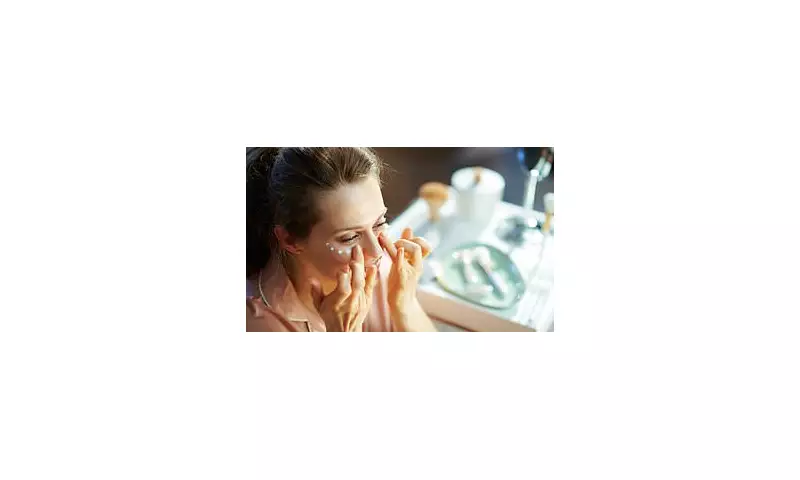
As summer approaches and Brits prepare for sunnier days, a significant shift is occurring in the skincare aisles. Dermatologists and beauty experts are increasingly advocating for mineral sunscreens over their chemical counterparts, raising important questions about what we're really putting on our skin.
The Great Sunscreen Divide
The fundamental difference lies in how these sunscreens work. Mineral formulas, typically containing zinc oxide or titanium dioxide, create a physical barrier that sits on top of your skin and reflects UV rays away from your body. Chemical sunscreens, however, absorb into your skin where they convert UV radiation into heat, which is then released from your body.
Why Mineral is Gaining Momentum
Several compelling factors are driving consumers toward mineral options:
- Gentler on sensitive skin: Mineral sunscreens are less likely to cause irritation or allergic reactions
- Immediate protection: They begin working the moment they're applied, unlike chemical versions that require 20-30 minutes to become effective
- Environmental concerns: Certain chemical filters have been linked to coral reef damage
- Heat activation: The heating process in chemical sunscreens can exacerbate conditions like rosacea
The Chemical Controversy
Recent research has raised questions about certain chemical filters. Oxybenzone and octinoxate have come under particular scrutiny, with some studies suggesting potential hormonal disruption. While regulatory bodies maintain these ingredients are safe at approved concentrations, many consumers are opting for what they perceive as a more natural alternative.
Making the Right Choice for Your Skin
When selecting your sunscreen, consider your skin type and concerns. Mineral options tend to be better for sensitive, reactive, or acne-prone skin. However, modern formulations have come a long way in addressing the traditional complaint about mineral sunscreens – the white cast.
Many brands now offer tinted mineral sunscreens or micronized formulas that blend more seamlessly into various skin tones. The most important factor, dermatologists stress, is consistent use of whichever sunscreen you'll actually wear daily.
As research continues to evolve, the conversation around sunscreen safety highlights the importance of being an informed consumer. Whether you choose mineral or chemical protection, regular application remains your best defence against skin damage and premature ageing.





